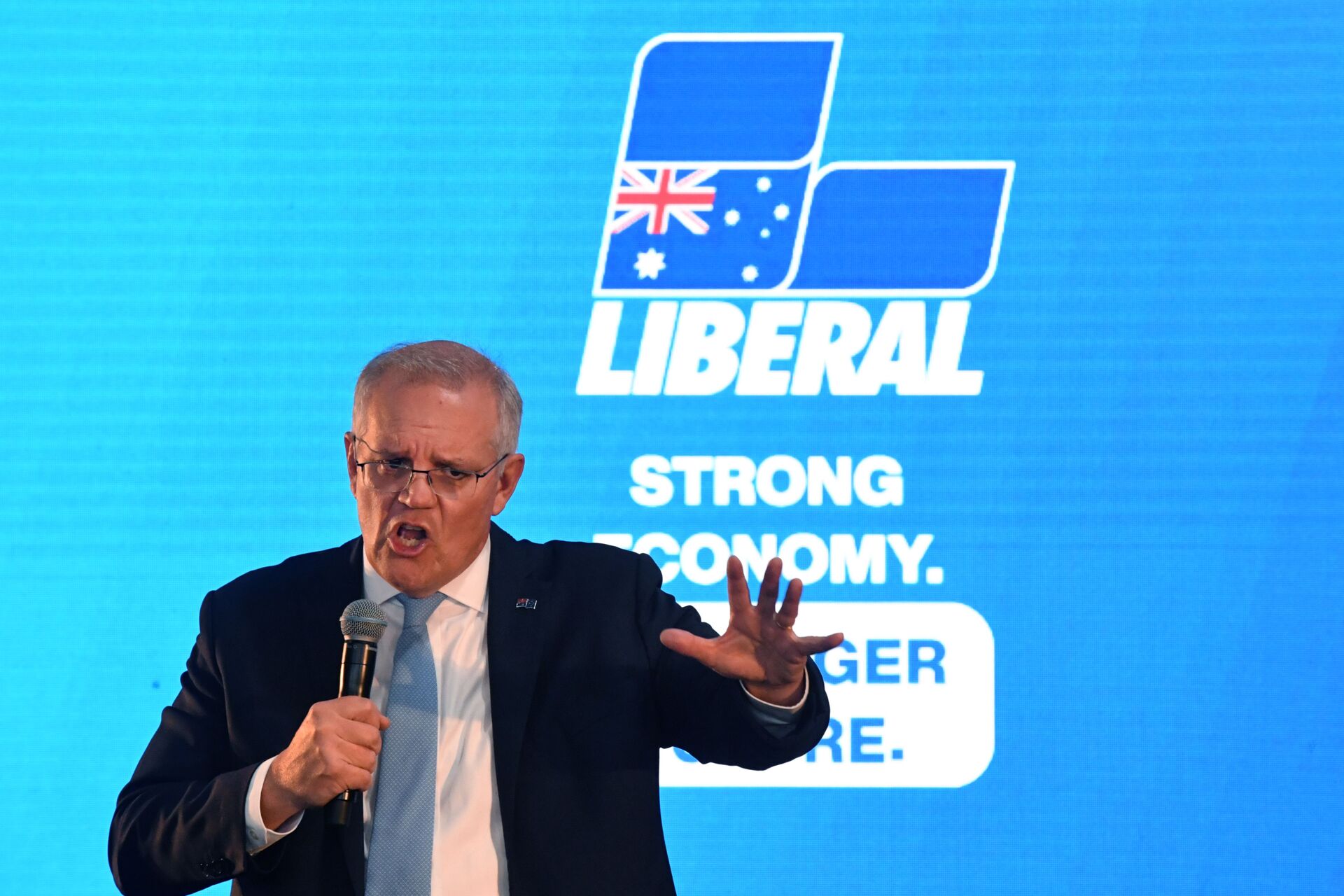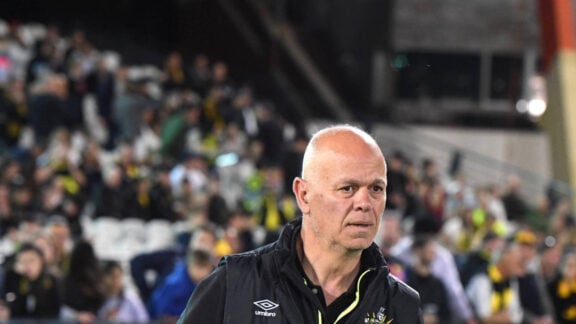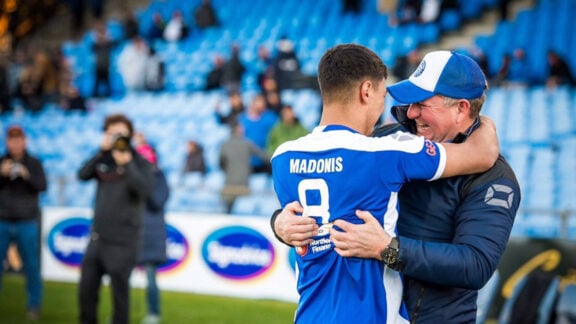Political parties that lose their way are first punished by their supporters, then by the electorate.
When the Liberal Party dumped Malcolm Turnbull and sidelined Julie Bishop, it shifted to the right and alienated its small “l” Liberal supporters – those concerned about climate change, gender equality, tolerance, and integrity along traditional Liberal values, such as maintaining a strong economy.
Scott Morrison was seen as a compromise leader who would unite the Liberal party without abandoning its more liberal sections.
Subsequently, the Coalition’s primary vote in the 2019 election went up to 41.4 per cent and Labor’s collapsed to 33.3 per cent.
Morrison has squandered this success by failing to govern inclusively and take with him more progressive liberal elements within his party.
Those whose values reflect an evolving modern liberal-democratic society.
The Liberal Party is now paying the price for these failures. The Coalition’s primary vote is languishing at about 36 per cent and a group labelled “teal” independents (teal being a colour between green and blue) have emerged.
The teals are capturing a large swag of former Liberal voters.
Many are funded by Simon Holmes a Court and include sitting and challenging candidates, such as Zali Steggall, Kylea Tink, Andrew Wilkie, Zoe Daniel, Monique Ryan, Kate Chaney, Helen Haines and Allegra Spender.
John Howard’s criticism of teal candidates as “anti-liberal groupies” misses the point. Teal candidates are getting traction and votes from former Liberal supporters, who do not want to vote Labor, but don’t like the direction their party has taken.
If only a handful of the 15 lower house teal candidates get elected and deny the Coalition power, they will reshape politics in Australia.
Morrison has now reverted to salesmanship over substance, such as peppering his pitch with irrelevant facts designed to show he knows what he is talking about.
But quoting the exact number of pages in the draft legislation for an integrity commission is not knowledge – it’s a deflection from a broken promise – and the teals see through this.
The promise was to introduce legislation and shepherd it through parliament. The promise was not to draft legislation and then not put it into parliament unless the Opposition agreed to the entire text without amendments. It’s the mark of a salesman skilled in blame-shifting, but not in delivering.
There are other examples, such as the promise to address religious discrimination. Morrison could not convince members of his own party and the debacle only ended when the legislation was pulled without debate in the Senate.

These failures in areas of importance to small “l” Liberals has spurred on teal independents who support a strong ICAC, inclusive religious discrimination legislation and greater action on climate, beyond Morrison’s target of 28 per cent by 2030.
The tactics, routinely employed by Morrison, will not win him the election this time.
Morrison’s pitch is “trust me I will look after the economy and national security better than the other bloke”.
He focuses narrowly on his record – the JobSeeker initiative, the four per cent unemployment rate, the AAA credit rating – and avoids talking about the $1 trillion of debt or budget deficits that are projected for decades.
Morrison’s failures have created an opportunity for Albanese.
The Labor leader has committed to addressing what Morrison will not – climate change, an ICAC with teeth, recognition in the constitution of First Nations people and other social injustices.
Albanese has also been reassuring on the economic front with targeted social spending and investments in renewable energy and manufacturing to create jobs, growth, and ultimately reduce debt. It’s at least a plan that goes beyond Morrison’s “trust me” formula.
Albanese has another advantage. He need not only point to Morrison’s shift to the right.
He can also point to Morrison’s extensive record of failure – hundreds of unnecessary deaths in aged care, failure to deliver a vaccine early, his trip to Hawaii when Australia was burning, and his failures in addressing bullying and women’s safety in parliament.
Morrison’s claims of superiority in economic management has also dissipated on the altar of record debt and projected interest rate rises, while his claimed superiority on national security fell apart when the Solomon Islands signed a security agreement with China.
According to polls, both parties’ primary votes are at historical lows of about 36 per cent. A hung parliament is a real possibility.
Labor may be better placed. It may yet achieve the seven seats it needs, with a slight uplift in primary vote or from strong preference flows. But even if it only manages three or four, given Labor’s policies, more independents are likely to support a Labor minority government by guaranteeing supply and confidence.
Morrison’s 2.0 sales pitch is not enough to reclaim disenchanted Liberal voters supporting teal candidates. Albanese has an opportunity if he can place Labor squarely in the middle ground of politics when it comes to economy and national security, while addressing modern Australians’ new demands around climate, integrity, gender equality and discrimination that Morrison has shown he is incapable of doing.
Theo Theophanous is a former Victorian Labor Minister.









